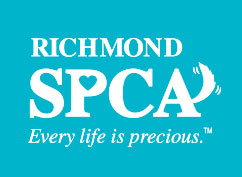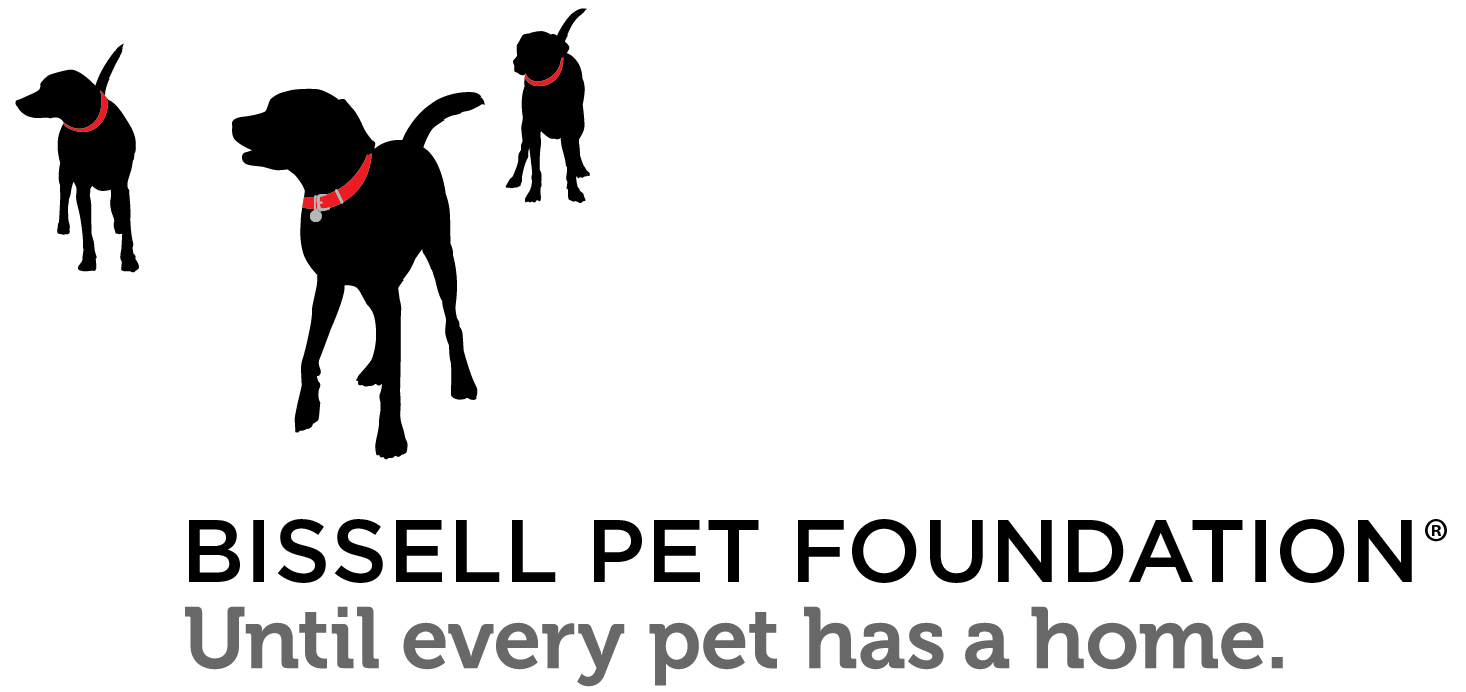National Puppy Day: Pandemic pushed puppy sales and scams to new heights in 2020

Today is National Puppy Day, an observation that coming so soon after the one-year anniversary of the coronavirus pandemic reminds us that as a nation we have experienced some of the greatest demand for companionship many of us have ever felt. That doggy in the pet store window is more likely to be looking into your eyes from your browser window these days, and the Better Business Bureau warned at the close of 2020 that the cute photo playing into your longing for a quarantine puppy may very well be a scam.
In a December 2 news release, the BBB warned that along with COVID-19, the year 2020 will be known for a spike in pet fraud reports—nearly 4,000 received across the US and Canada. The consumer protection group said the reports rose as the holidays approached with 337 complaints made to BBB about puppy scams in November, compared to 77 for the same month in 2019.
While no one wants to give hard-earned money to a scammer, the stakes are far more dire when puppies sold online—and their parents—are real. Estimates from The Humane Society of the United States are that more than 10,000 puppy mills operate nationwide, producing an estimated 2.4 million puppies for sale annually while hundreds of thousands of parent dogs live out their lives in cruel and inhumane conditions. When buying a puppy from a website, even one with the hollow words “no puppy mill promise,” the risk is that if you do receive the puppy you order, what you will never see is the suffering his parents continue to endure.

#DontBuyIntoAnimalCruelty
No doubt commercial dog breeding is one of the rare industries thriving in these times. Warnings to puppy buyers telling them to do their due diligence in researching breeders have long emphasized the importance of visiting in person to assess the condition in which the puppies were born and the parents are living. Quarantine gives the puppy mill operator a ready-made excuse to decline in-person visits and send a courier with the puppy instead. The Wall Street Journal even heralded those doing delivery in an October 26 story headlined “Need a Pandemic Puppy ASAP?” but nowhere in the 1,200-word article were the conditions at even one of the breeders sending $3,900 puppies on thousand-mile trips examined.
While online sellers feed into the impulses of a nation with an economy propped up by consumerism, impulse buying and overnight delivery, the humane organizations that have been combatting puppy mills for decades with the “adopt don’t shop” message encourage patience. Deserving pets await adoption, but they are not a mere click away from your doorstep. In the early months of COVID-19, thousands fewer homeless dogs and cats entered shelters, a decline of up to 40 percent at government shelters, however, those numbers started to climb again over the summer months.
The Richmond SPCA never paused lifesaving transfers to our humane center, but pleas from partner shelters in our state and in other parts of the Mid-Atlantic region were more sporadic as some municipalities limited their operations early in the pandemic. The animals we take into our care can have complex needs, and the overwhelming majority require medical treatment that we deliver for sickness or injury—heartworms, upper respiratory infections, broken limbs, diabetes and more—and we spay or neuter each pet prior to making him or her available for adoption.

Meanwhile, in our adoption center, the model of public adoption hours during which visitors freely browsed had to be rethought for social distancing, health and safety. Adoption counselors now first get to know potential adopters virtually. Much of the counseling that we previously provided in person now occurs over the phone—discussing pets’ specific needs and personalities, reviewing all the medical records, sharing photographs—before an appointment for the adopter and pet to meet in person. It is a model very different from the click-pay-deliver offered on websites where puppy mills advertise and sell sentient creatures as if the purchase of a companion were no different from ordering a sweater or pair of shoes.
Asking a culture conditioned for instant-gratification to instead be persistent and determined to acquire a pet ethically—all the while ads targeting their browsing history on pet adoption sites begin presenting pupforme.com (a site that does not exist, though thousands like it do)—goes against what we know about people while still believing in the best in humanity. We trust that when people know better, they will do better.
Your next pet may not be in the shelter nearest you today, but he is counting on you. Contact your local shelters. With time and patience, you will find just the right companion and with the assurance that you are not buying into an industry of abuse.

Tabitha Treloar joined the Richmond SPCA in 2005 as an admissions counselor and has been our director of communications since 2010. She and her husband live in Richmond with five Richmond SPCA alumni – two cats and three dogs.



